Introduction
Excel allows you to do simple mathematical operations such as multiplication. You may multiply numbers in a single cell, several cells, or a whole column. Because Excel lacks the MULTIPLY function, we’ll utilize a simple formula.
In a single cell, multiply two numbers
To multiply numbers in a single cell, use a simple formula. Open Excel and then choose the cell into which you want to enter the equation. Once you’ve decided, input the following formula:
=a*b
Change a and b to the numbers you want to use. For example, if you want to multiply 5 by 7, you’d type:
=5*7
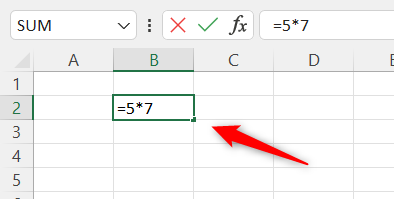
After that, hit Enter to see the formula’s outcome.
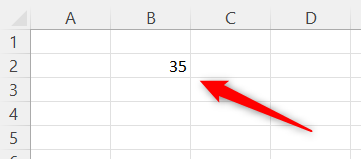
Multiplying Numbers from a Variety of Cells
To multiply data from other cells, type a formula in a blank cell. Let’s imagine you have 5 in cell A2 and 7 in cell A3, and you want to calculate the product of these two numbers. Fill in the following formula in a blank cell:
=A2*A3
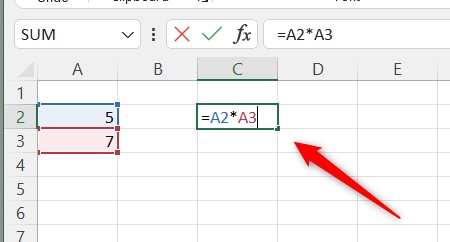
This formula calculates the data from each cell that has been input. The result will show once you press “Enter.”
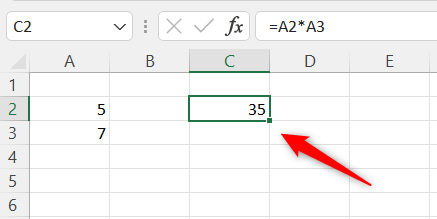
Multiply a Number Column (by a Constant Number)
A number in one cell may be multiplied by a number in another cell. Let’s imagine you have a number in each of cells A1-A6 (your multiplicands), and you want to obtain the product of them by utilizing the number in cell C1 (your multiplier).
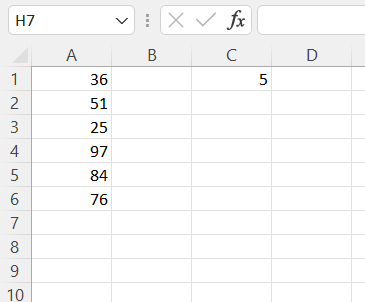
First, choose cell B2, which will hold the result of the first formula. Fill in the blanks in B2 using the following formula:
=A1*$C$1
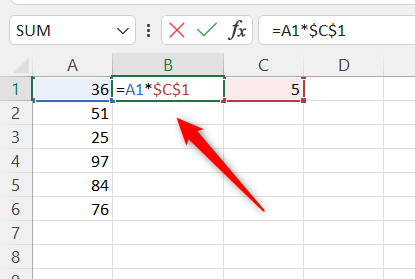
The merchandise will display once you press “Enter.”
The $ key in Excel indicates that the value in cell C1 is absolute. If you click and drag the formula in B1 down, the A1 component of the formula will become A2, A3, and so on, but C1 will stay unchanged.
It’s as simple as that.
This is only one of the many fundamental computations that Excel allows you to do. You can also divide, add, subtract, and do a lot of other things.

